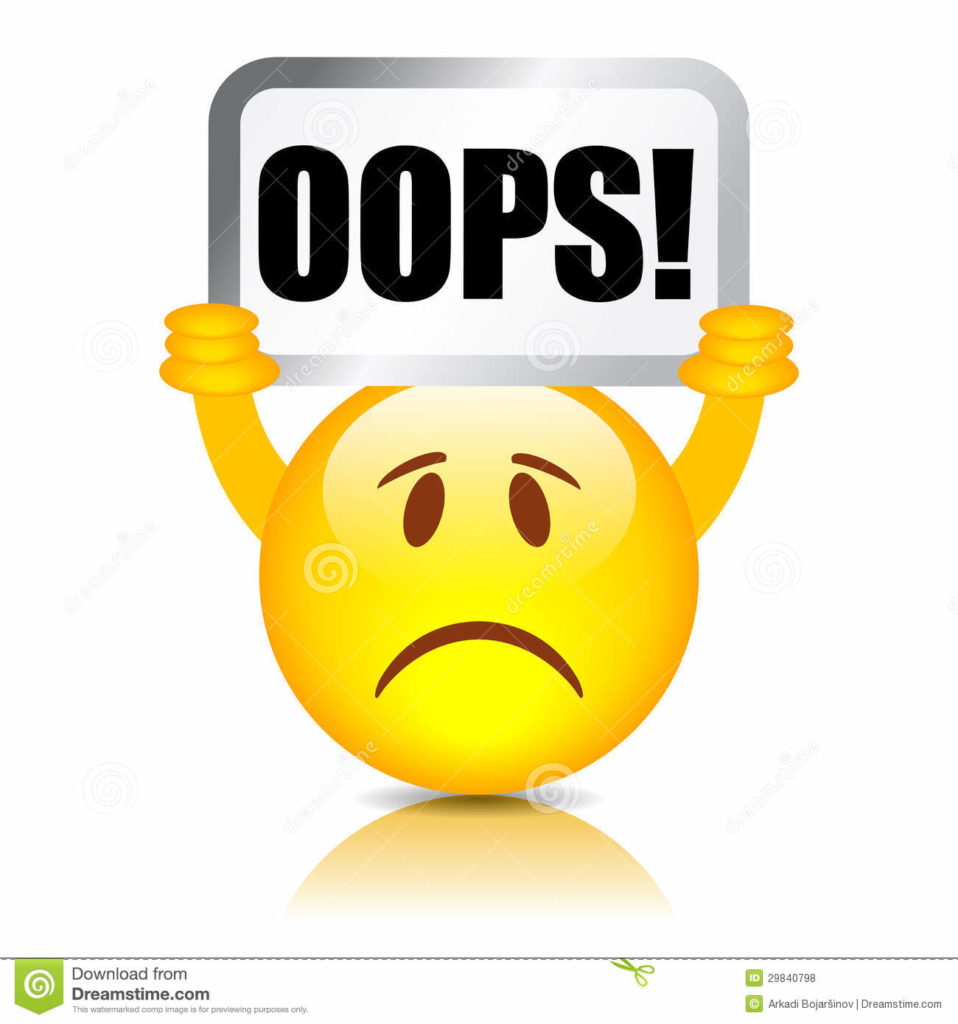
One year. I started a blog one year ago this month. I certainly did not know where I was headed. I think it is fair to say, a year ago no one imagined we would be in the situation we find ourselves today. I continue to hope and pray all of you stay healthy, physically and economically.
Each week I have tried to engage us in learning and to encourage dialog about the world in which we live. I have discovered two great delights in writing each week. First, I have been able to stay in touch with friends. Second I have learned from my preparations and interactions. Thank you!!

OOPS. Last week Jeny read my blog and as always had some good insights. When I made a change in wording for one section, I made an error. One of my eagle-eye friends noted it.
Unfortunately I wrote: “I want everyone to have the right to own guns AND I do want weapons of mass destruction in the hands of everybody.”
I hope my intention was obvious: I want everyone to have the right to own guns AND I do NOT want weapons of mass destruction in the hands of everybody.
I got several excellent responses to the last blog on” the power of and“. I will discuss them in the future.

Too much for one day. Today’s topic is a serious and personal topic for me. Because it is lengthy I will break it into more than one blog.
My concerns relate to the concept of cultural appropriation. I will introduce the broad topic today using a good description I found in Wikipedia.

“Cultural appropriation, at times also phrased cultural misappropriation, is the adoption of an element or elements of one culture by members of another culture. This can be controversial when members of a dominant culture appropriate from disadvantaged minority cultures.
According to critics of the practice, cultural appropriation differs from acculturation, assimilation, or equal cultural exchange in that this appropriation is a form of colonialism. When cultural elements are copied from a minority culture by members of a dominant culture, these elements are used outside of their original cultural context—sometimes even against the expressly stated wishes of members of the originating culture.
Cultural appropriation is considered harmful by various groups and individuals, including Indigenous people working for cultural preservation, those who advocate for collective intellectual property rights of the originating, minority cultures, and those who have lived or are living under colonial rule. Often unavoidable when multiple cultures come together, cultural appropriation can include exploitation of another culture’s religious and cultural traditions, fashion, symbols, language, and music.
Those who see this appropriation as exploitative state that the original meaning of these cultural elements is lost or distorted when they are removed from their originating cultural contexts, and that such displays are disrespectful or even a form of desecration. Cultural elements that may have deep meaning to the original culture may be reduced to “exotic” fashion or toys by those from the dominant culture. Kjerstin Johnson has written that, when this is done, the imitator, “who does not experience that oppression is able to ‘play’, temporarily, an ‘exotic’ other, without experiencing any of the daily discriminations faced by other cultures.” The African-American academic, musician and journalist Greg Tate argues that appropriation and the “fetishising” of cultures, in fact, alienates those whose culture is being appropriated.
The concept of cultural appropriation has been heavily criticized. Critics note that the concept is often misunderstood or misapplied by the general public, and that charges of “cultural appropriation” are at times misapplied to situations such as eating food from a variety of cultures or simply learning about different cultures. Others state that the act of cultural appropriation as it is usually defined does not meaningfully constitute social harm, or the term lacks conceptual coherence. Still others argue that the term sets arbitrary limits on intellectual freedom, artists’ self-expression, reinforces group divisions, or itself promotes a feeling of enmity or grievance rather than liberation.”
As we begin our considerations, I encourage you to ask yourself (and if so inclined, share with me) – Are you inclined to be a supporter or a critic of the concept of cultural appropriation? (You might also be a supporter AND a critic, but I would like to know which side is your stronger tendency.)
Much more next week
Until then
Peace
Jerry
0 Comments